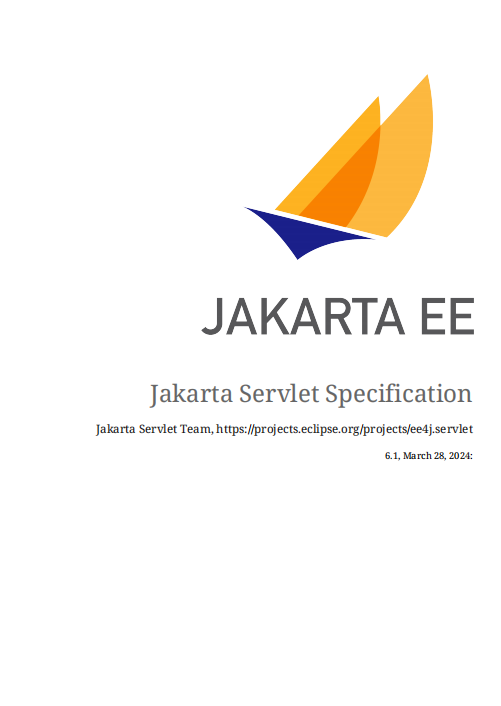
资料内容:
2.1.4. Sensitive headers
The HttpServlet class defines the isSensitiveHeader method which identifies headers that will be
excluded from a response generated by the default doTrace implementation as recommended by
RFC 9110. The default implementation identifies the following headers as sensitive: - Authorization -
Cookie - X-Forwarded - Forwarded - Proxy-Authorization The handling of sensitive headers may be
customized by over-riding the isSensitiveHeader and/or doTrace methods.
2.1.5. Conditional GET Support
The HttpServlet class defines the getLastModified method to support conditional GET operations. A
conditional GET operation requests a resource be sent only if it has been modified since a specified
time. In appropriate situations, implementation of this method may aid efficient utilization of
network resources.
2.2. Number of Instances
The servlet declaration which is either via the annotation as described in Chapter 8, Annotations
and Pluggability or part of the deployment descriptor of the web application containing the servlet,
as described in Chapter 14, Deployment Descriptor, controls how the servlet container provides
instances of the servlet.
For a servlet not hosted in a distributed environment (the default), the servlet container must use
only one instance per servlet declaration.
In the case where a servlet was deployed as part of an application marked in the deployment
descriptor as distributable, a container may have only one instance per servlet declaration per Java
Virtual Machine (JVM™).
2.3. Servlet Life Cycle
A servlet is managed through a well defined life cycle that defines how it is loaded and instantiated,
is initialized, handles requests from clients, and is taken out of service. This life cycle is expressed
in the API by the init, service, and destroy methods of the jakarta.servlet.Servlet interface that all
12servlets must implement directly or indirectly through the GenericServlet or HttpServlet abstract
classes.

